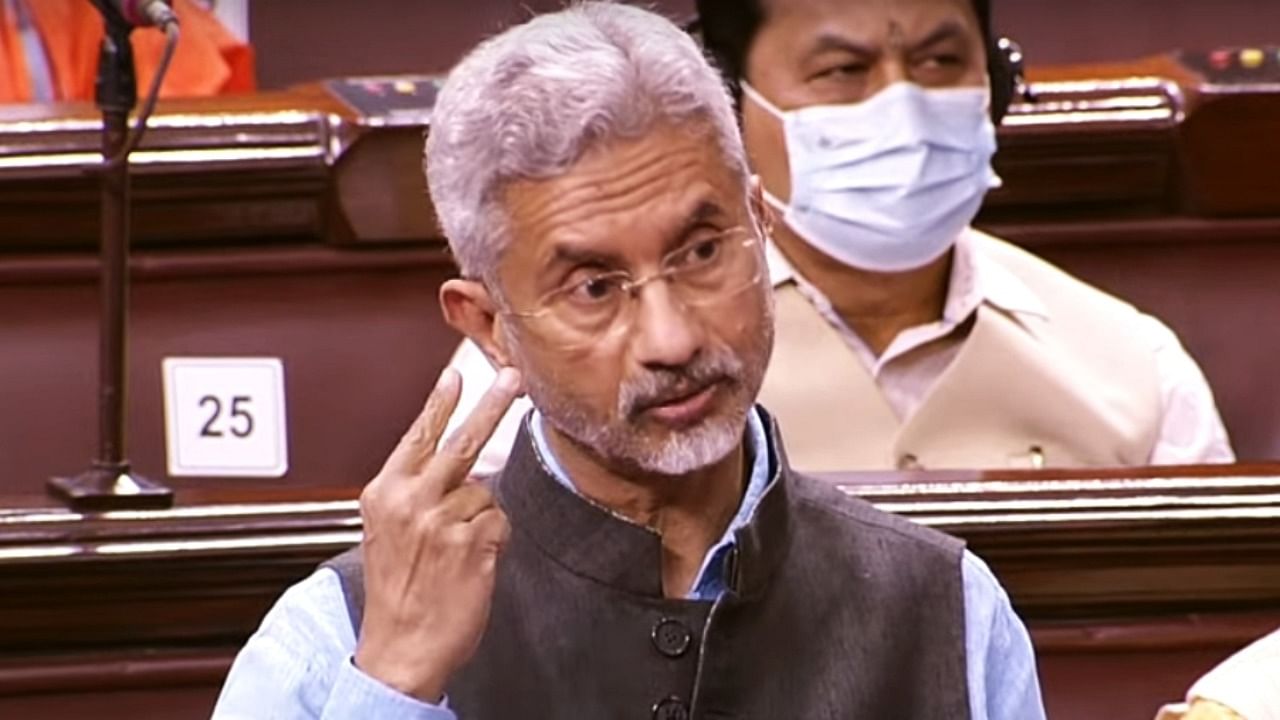
The government on Tuesday told Parliament that Russia's military operations in Ukraine were expected to result in major economic implications as India had substantial dealings with both nations.
It also said that an assessment of the implication of the Russia-Ukraine conflict on India was currently going on.
“The Ukraine conflict has major economic implications. Its impact on energy and commodity prices is already visible. The disruption of the global supply chain is expected to be significant,” External Affairs Minister S Jaishankar said in the Rajya Sabha.
He was making a statement on the situation in Ukraine, where Russia launched special military operations on February 24 last, with the professed objective of “denazify and demilitarise” the East European nation.
“India has substantial dealings with both Russia and Ukraine. An assessment in this regard by the Government is underway,” he said, adding: “However, the House will appreciate that there is all the more need for an Atmanirbhar Bharat.”
Jaishankar informed the Rajya Sabha about the “Operation Ganga”, which India had launched to evacuate its citizens from Ukraine in the wake of the invasion by Russia.
“Despite the challenges posed by the serious ongoing conflict, we have ensured that about 22500 citizens have returned home safely,” said the External Affairs Minister, giving a detailed account of the evacuation of the citizens of India from Ukraine through Romania, Hungary, Slovak Republic, Poland and Moldova.
He said that India had also evacuated 147 citizens of 18 other countries, including Bangladesh and Nepal.
“There are some odd people, not in thousands, they are in double digits. We are tracking them. We have issued repeated advisories saying anybody who is left behind, please tell us wherever you are,” the External Affairs Minister said.
“At this moment we have an operation to get out some students who are stuck in the South (Ukraine) through the Russia route.”
He said that although the Embassy of India in Kyiv had issued advisories asking Indians to leave Ukraine if their stay was not necessary, a large majority of students elected to continue staying in the East European country.
“We must understand their predicament in this regard. There was a natural reluctance to leave educational institutions and affect their studies. Some universities actively discouraged and showed reluctance to offer online courses. Many of them received conflicting advice regarding safety. The challenges of travel back may have also been a factor,” said Jaishankar.
He also noted that in the period leading to Russia's launch of military operations in Ukraine on February 24, the political signals were confusing as well.
“Public urgings not to be taken in by alarmism and reports of force withdrawals created a confusing picture. The net result was that about 18000 Indian citizens were caught in the midst of conflict when it began,” he added.
Check out latest videos from DH:
